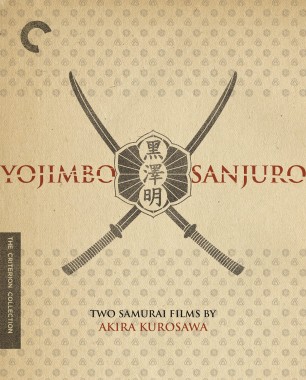Sanshiro Sugata

Kurosawa’s effortless debut is based on a novel by Tsuneo Tomita about the rivalry between judo and jujitsu. Starring Susumu Fujita as the title character, Sanshiro Sugata is a thrilling martial arts action tale, but it’s also a moving story of moral education that’s quintessential Kurosawa.
Available In

Cast
- Denjiro Ookouchi
- Shogoro Yano
- Susumu Fujita
- Sanshiro Sugata
- Yukiko Todoroki
- Sayo Murai
- Ranko Hanai
- Sumi Kodana
- Ryunosuke Tsukigata
- Gennosuke Higaki
- Takashi Shimura
- Hansuke Murai
- Sugisaku Aoyama
- Tsunetami Iinuma
- Kokuten Kodo
- Buddhist priest
Credits
- Director
- Akira Kurosawa
- Producer
- Keiji Matsuzaki
- Screenplay
- Akira Kurosawa
- Original novel by
- Tomita Tsuneo
- Cinematography
- Akira Mimura
- Production design
- Masao Tozuka
- Music
- Seiichi Suzuki
- Editing
- Toshio Goto


















